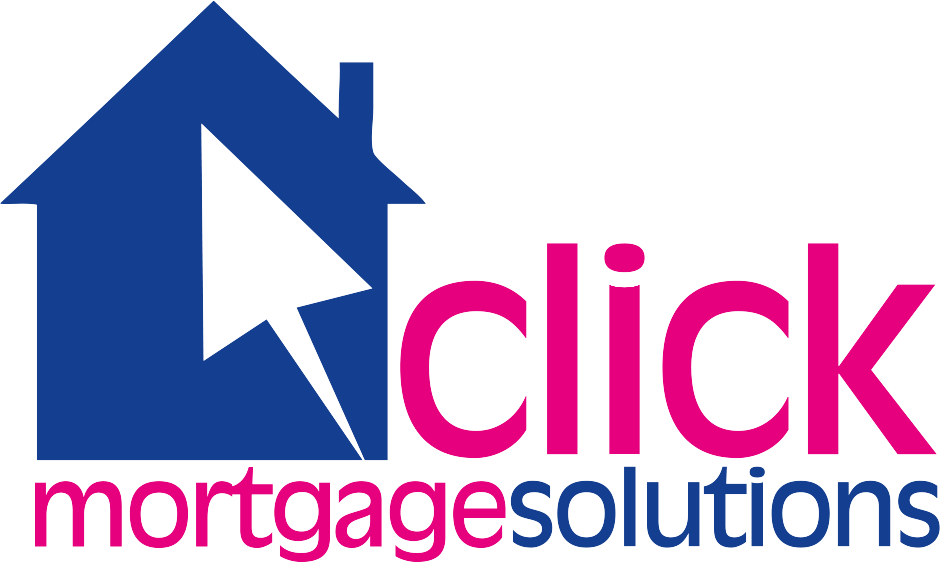Remortgaging is when you trade your existing mortgage for a different mortgage. This is usually done for a lower interest rate or another type of benefit, saving you money in the long run. You may switch to a mortgage with a different lender or you might switch the type of mortgage you have with the same lender.
Remortgaging requires you to use the new loan to pay off your existing lender earlier than planned, which could trigger early repayment charges and other fees. You need to be aware of all costs when remortgaging.
Do they check your credit score for a remortgage?
Yes, whenever you take out a mortgage or remortgage the lender will assess your suitability for the loan and make sure you can repay. As part of their checks, they will also look at your credit history and credit score.
The mortgage provider checks your credit score to understand how you have managed your finances previously, including how you have handled debt repayments to other lenders. This allows them to evaluate the amount of risk they’re taking on by providing you with a loan, and it could affect the amount you can borrow and the interest rate applied to the credit.
You can check your credit score by visiting the website of a reputable credit reference agency, such as Experian, Equifax or TransUnion.
What credit score do you need to remortgage?
Lenders aren’t required to only approve remortgaging applicants with a certain credit score. Each lender can apply its own credit score criteria to the assessment, which means there is no minimum credit score you need to remortgage across all lenders. The higher your score the more options you’re likely to have.
Some lenders will be more lenient than others, but it’s important to remember that your credit score is just part of the lender’s assessment. The loan affordability, including your income and debt-to-income ratio, is also an important part of the assessment.
What is considered bad credit?
Creditors and companies report how you handle payments to credit reference agencies. These credit reference agencies use this information to create your credit score. However, there is no exact threshold which indicates bad credit across all credit reference agencies.
This is because credit reference agencies can use a different scale and therefore a bad credit score is different between each credit reference agency. You instead need to check how your score is categorised on that individual credit reference agency’s scale.
Some events can cause you to have a poor credit rating, such as missing debt repayments, partially making debt repayments, defaulting on credit, being subject to a County Court Judgment and using some insolvency debt solutions like a DRO, Individual voluntary arrangement or bankruptcy.
Can I remortgage if I have bad credit?
The short answer is yes – it’s possible to get a mortgage or remortgage with bad credit.
Your ability to get a new loan will depend on individual circumstances, such as the details contained within your credit report and what has caused you to have an unsatisfactory credit score.
If you have a particularly adverse credit rating, you might still be able to remortgage but might need to use a specialist lender or broker than can secure you a bad credit mortgage.
Consider bad credit mortgages
A bad credit mortgage is a mortgage that is marketed to people who have a below-average credit rating. If you want to remortgage with bad credit, you might have to use a bad credit mortgage rather than a standard mortgage offered by a high-street bank.
Online mortgage providers are more likely to offer bad credit mortgages. Alternatively, you can enlist the services of a bad credit mortgage broker who specialises in helping people secure a first mortgage or remortgage with bad credit.
Bad credit mortgage interest rates
Your chances of remortgaging may be increased with a poor credit mortgage, but you may be restricted in the size of the loan and/or you may have to pay a higher interest rate. If the interest rate is higher than your existing mortgage, it might not be worth remortgaging right now.
However, as a mortgage is a secured loan using the property as collateral in the credit agreement, the interest rates on these mortgages are still competitive compared to other types of borrowing.
Is it better to improve your credit score before remortgaging?
Taking the time to improve your credit score before remortgaging could increase the mortgage options available to you, which in turn could get you a lower rate of interest. We can explain the different ways to improve your score and discuss other ways to improve your ability to remortgage with a below-average credit rating.
Can you remortgage after bankruptcy, County Court Judgments or an Individual voluntary arrangement?
County Court Judgments and insolvency debt solutions can all have a damaging effect on your credit score. Nevertheless, it can still be possible to remortgage with these types of records on your file. Discuss your options with our team if you’re in this situation.
Contact us to discuss remortgaging with a poor credit rating
For more information on remortgaging with bad credit, don’t hesitate to call us on 0800 0854401 or Click the Enquire button. Our friendly team are ready to answer all your questions without judgement and in full confidence.
